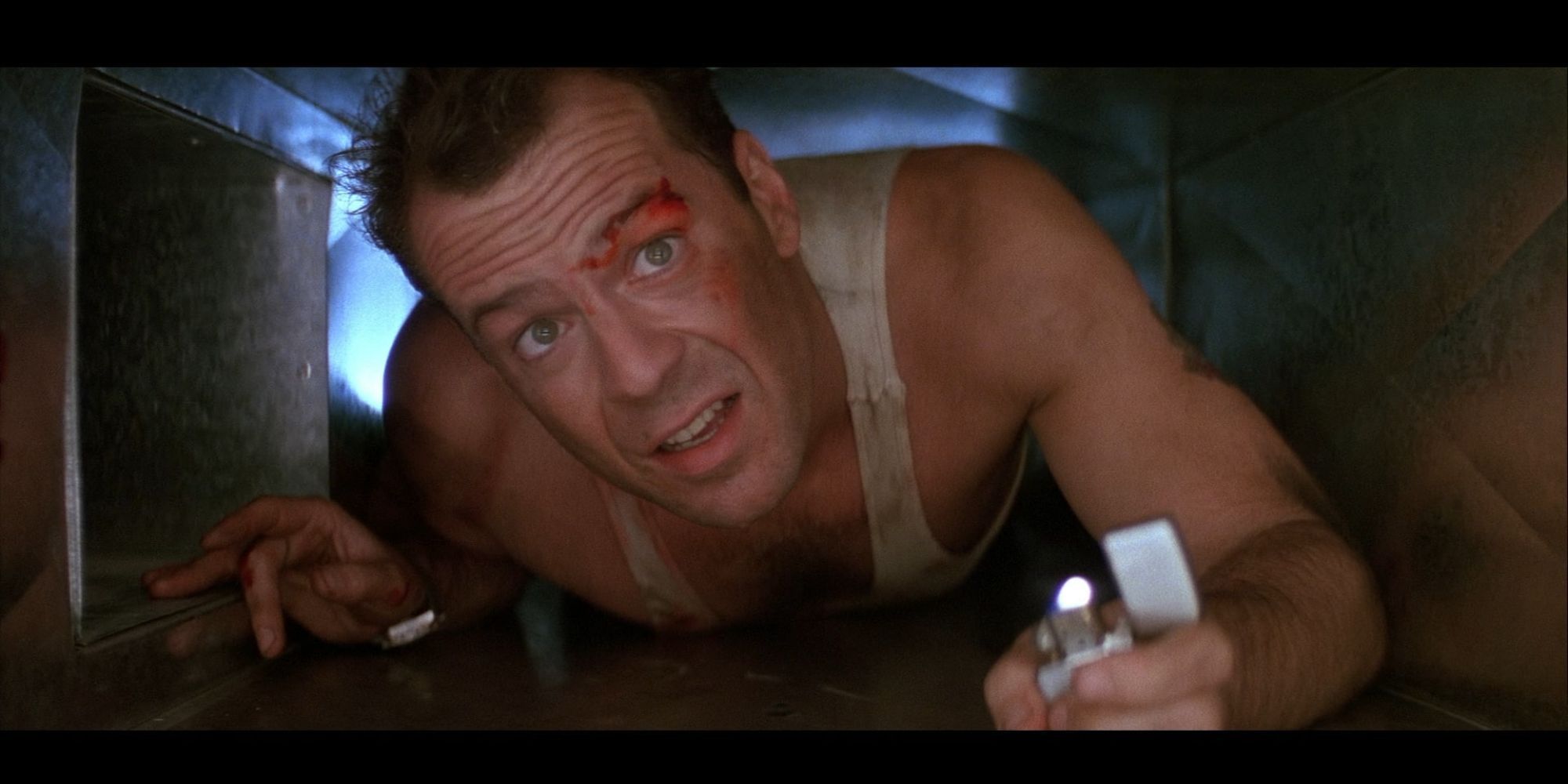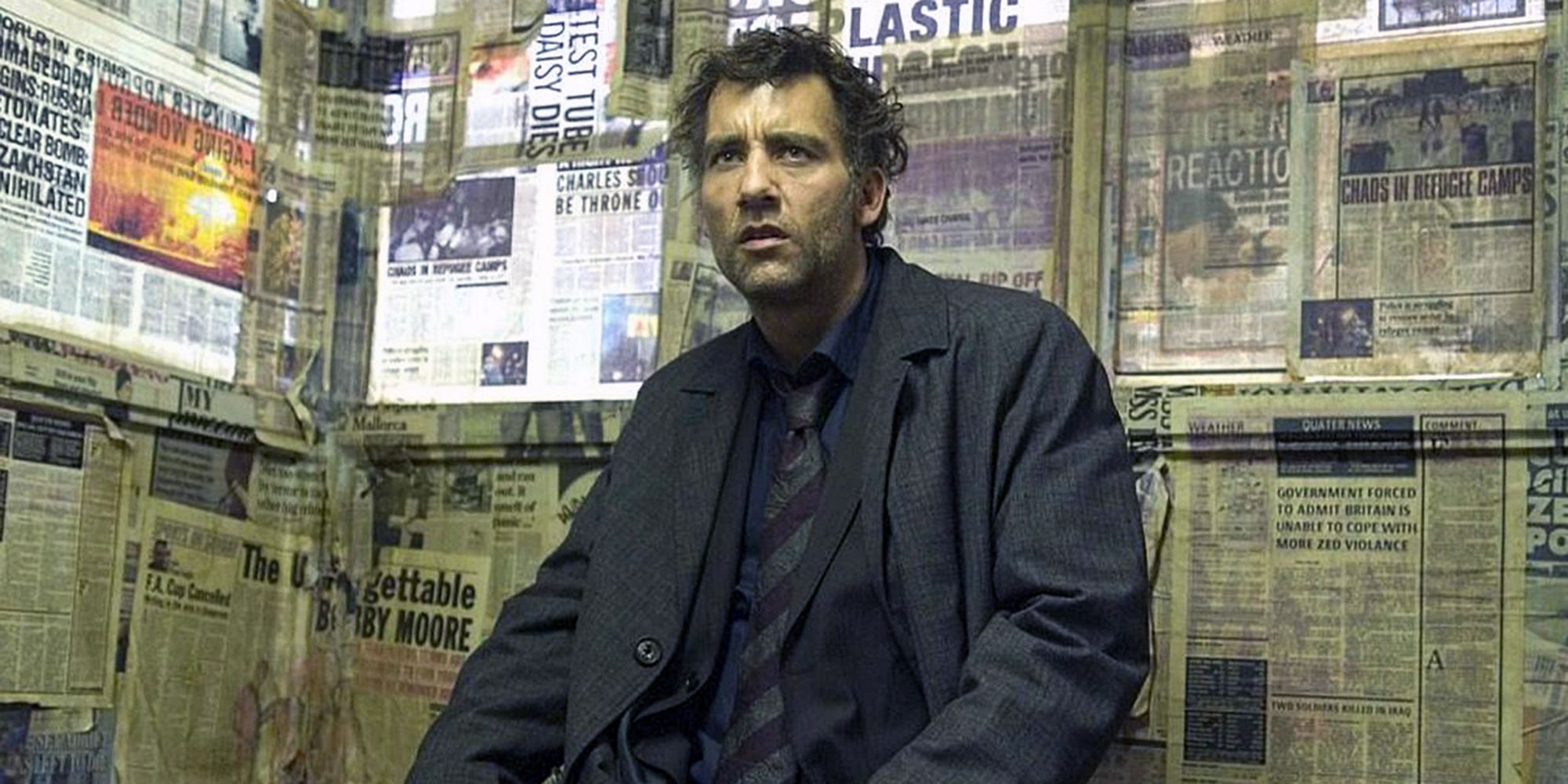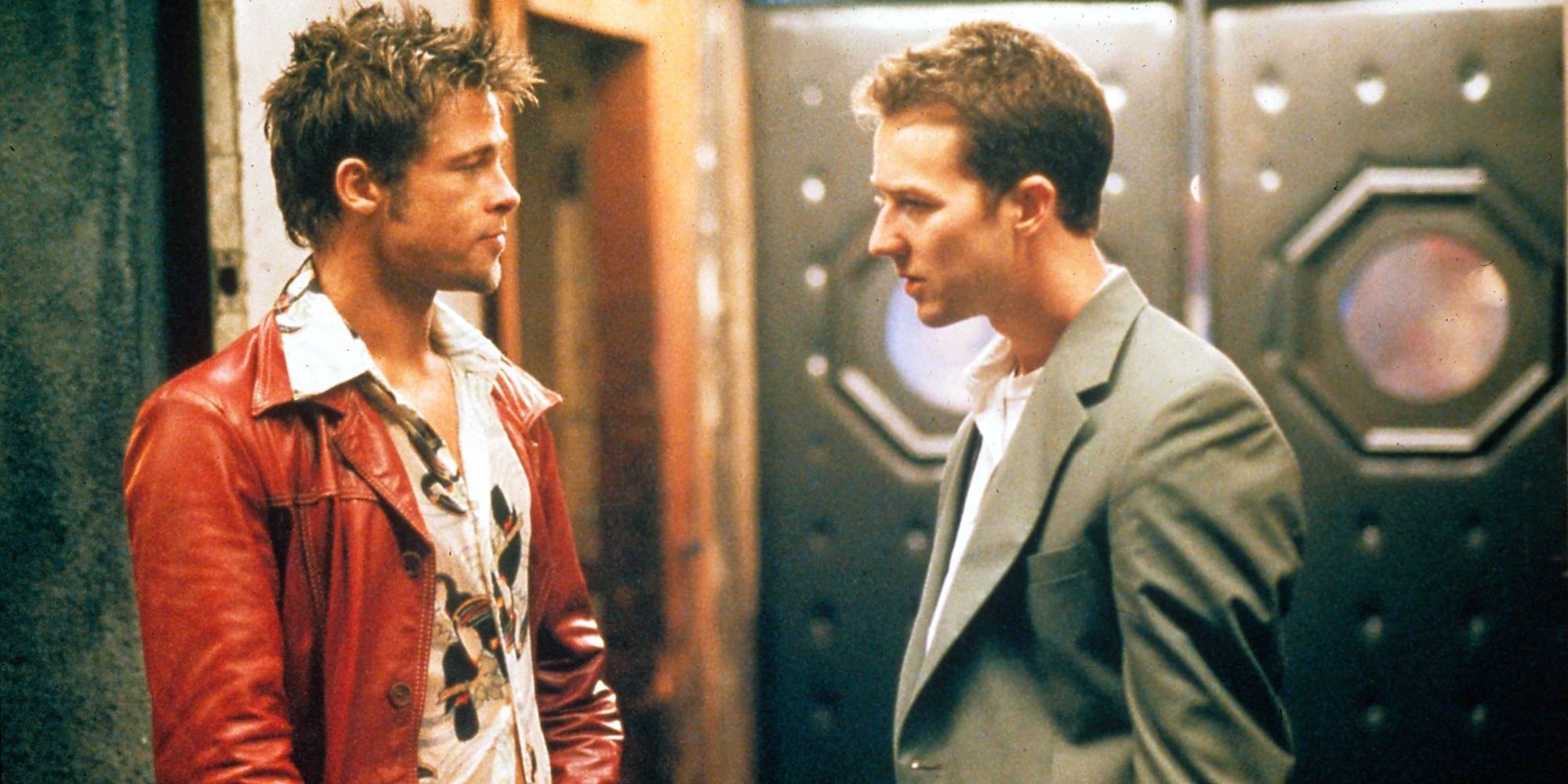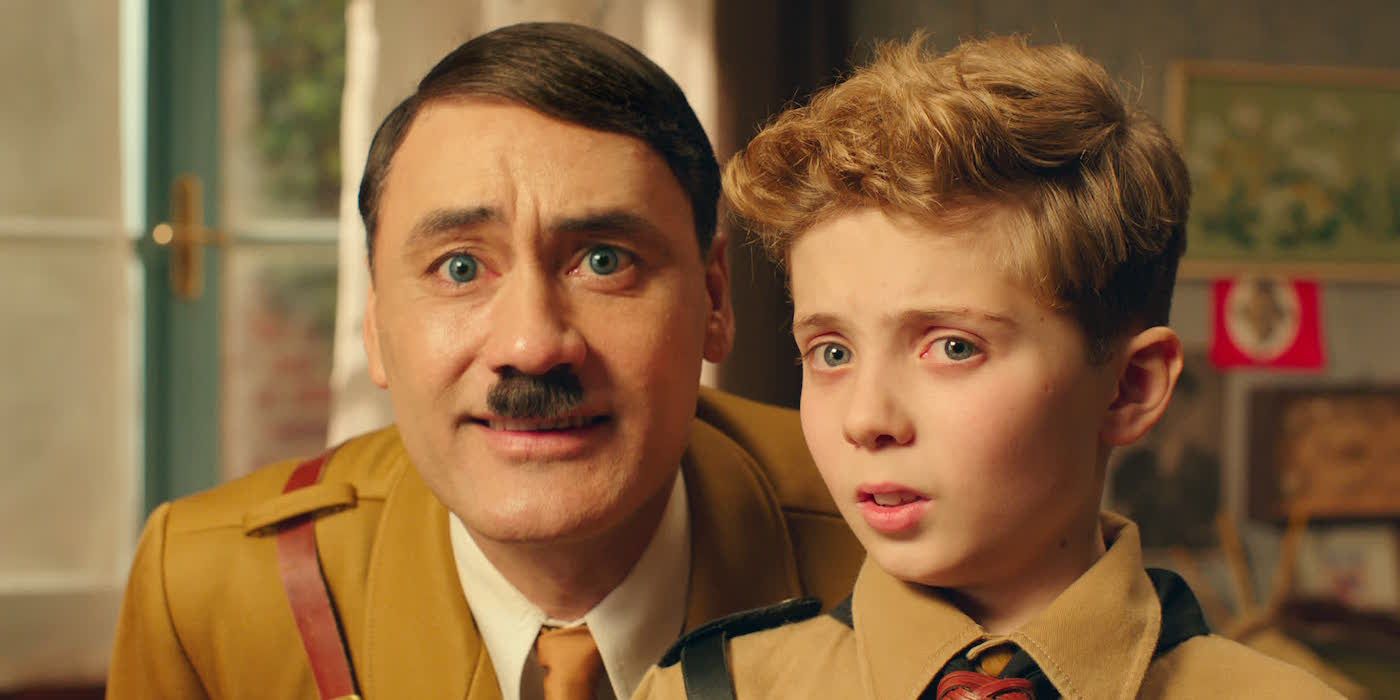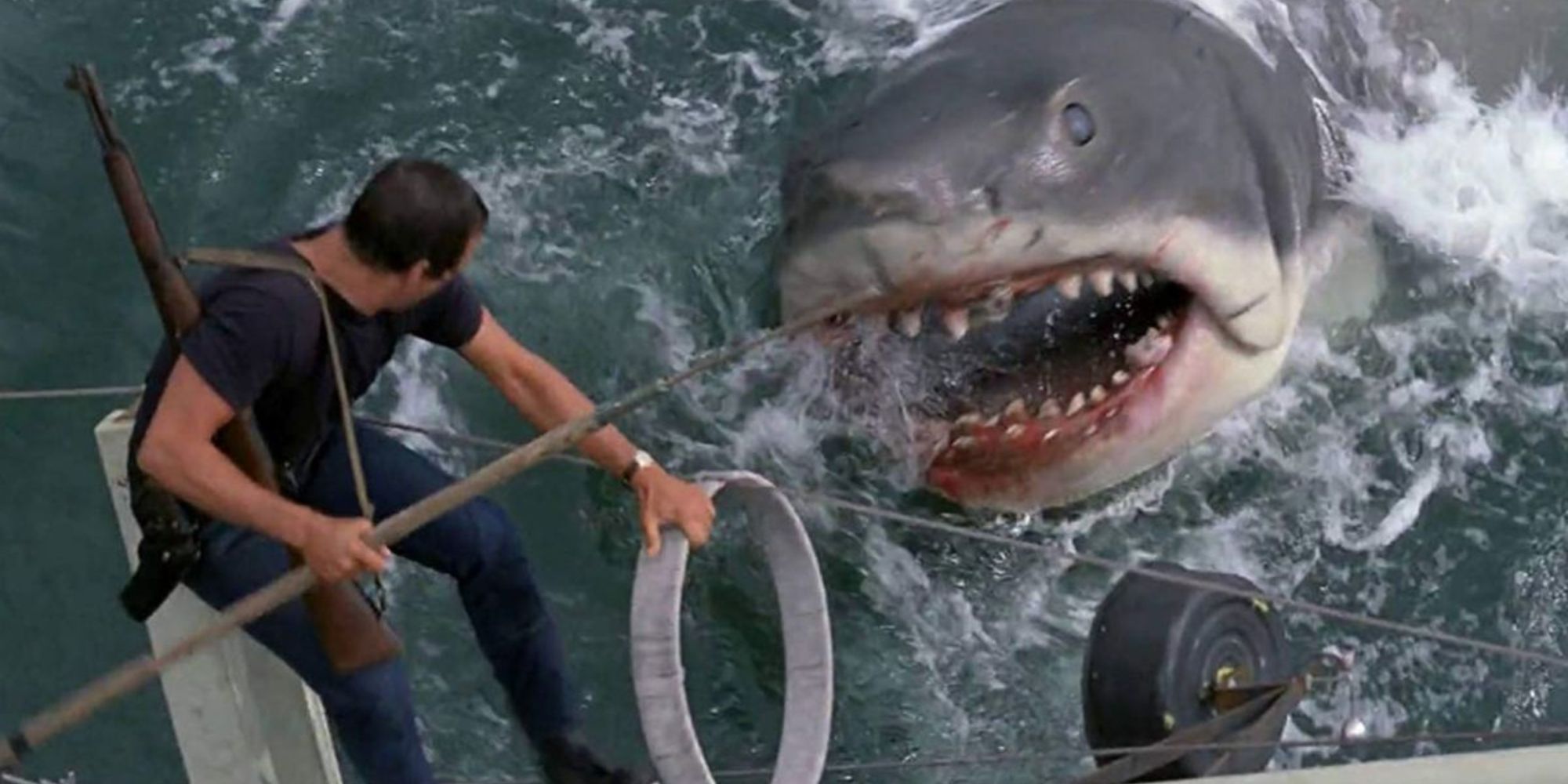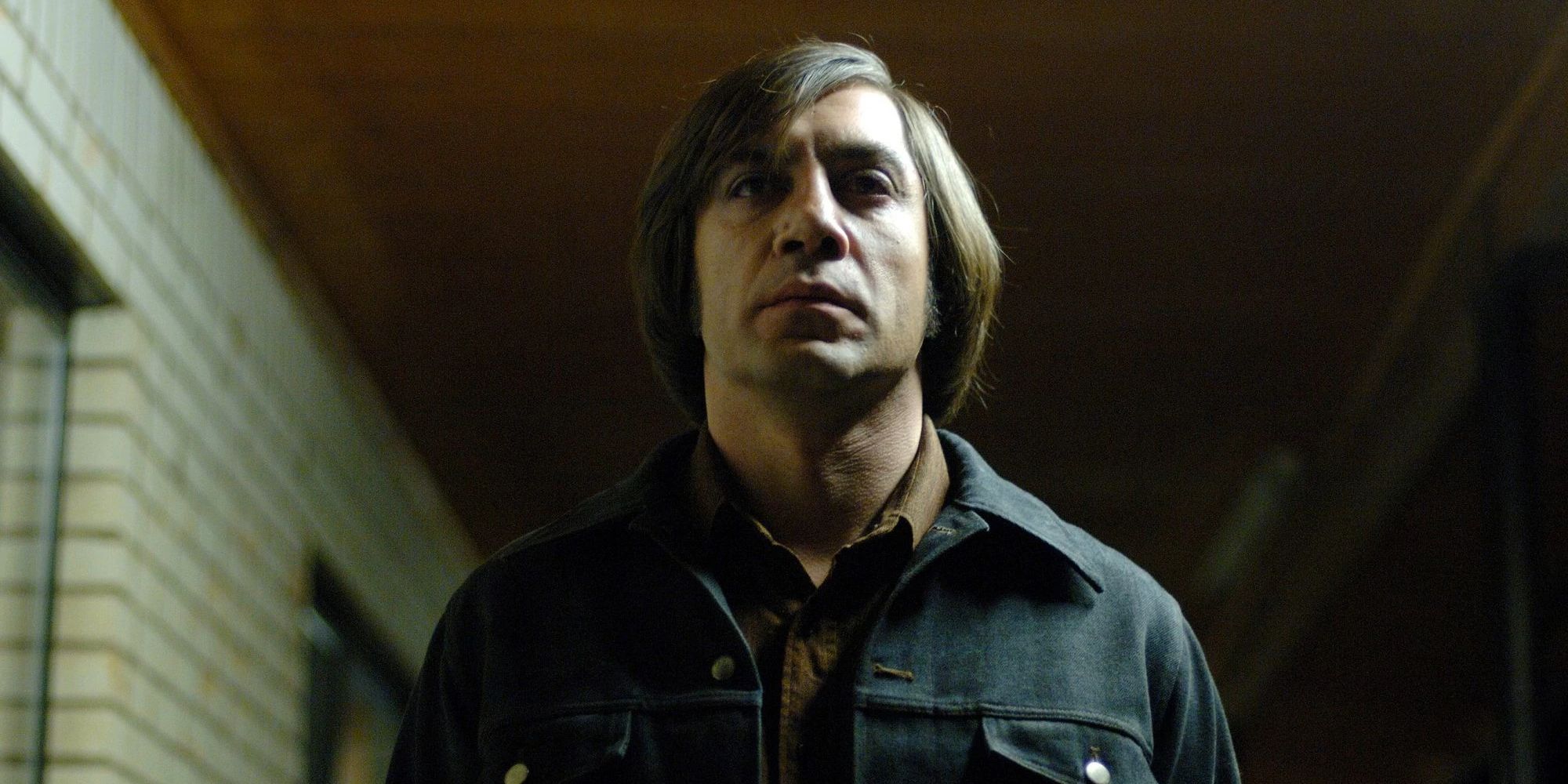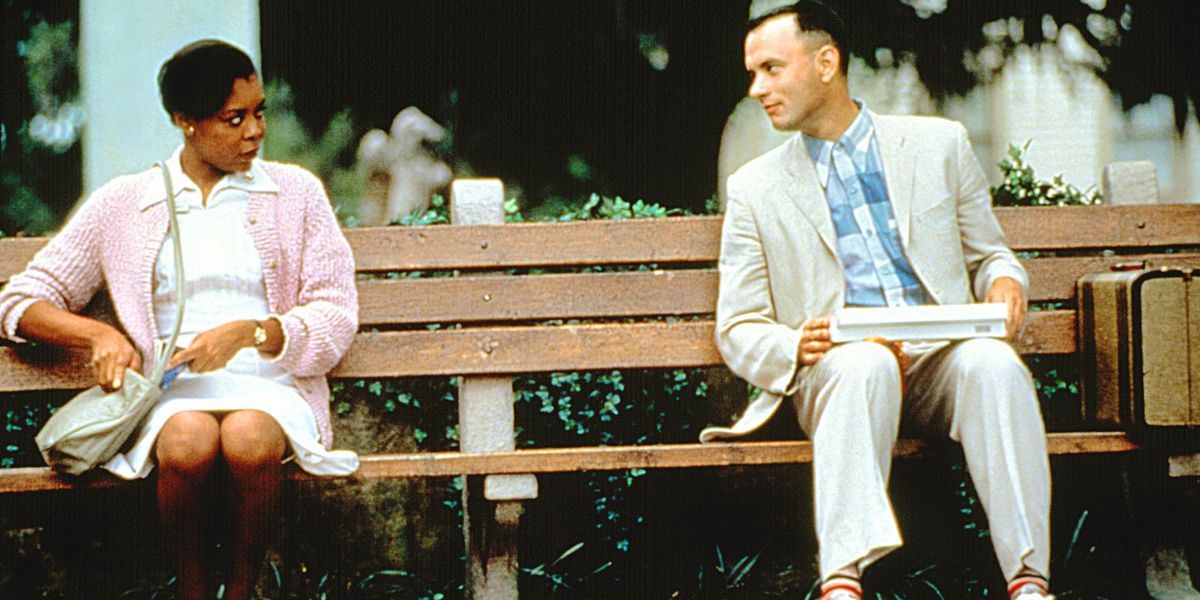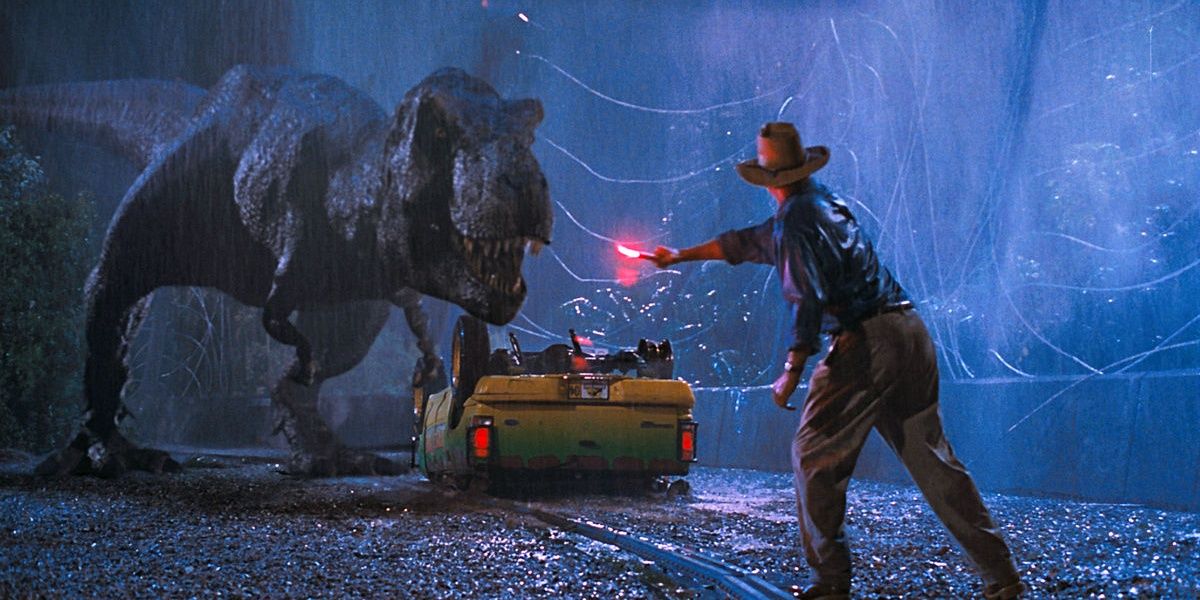There’s a common notion that the movie is never as good as the book; some films didn’t get the memo. On rare occasions, the films improve upon the novel, and some stories are better suited for the big screen.
Best Book-To-Movie Adaptations of the 2000s
These selections focused on beloved movies that were based on books of less acclaim and popularity. Thus, some of the best movies of all time were left off this list because the books they adapted were equally captivating and successful. Conversely, each of these films improved on the book and achieved greater success.
'Die Hard' (1988)
Though it is perhaps the most iconic action film of the 20th century, most people are unaware that Die Hard was based on a 1979 novel titled Nothing Lasts Forever. The film is largely faithful to the book though it does add a troubled marriage subplot and provides a less bleak ending.
The performances of Bruce Willis and Alan Rickman alone are enough to elevate the film above its source material. It is also relentlessly entertaining, with seldom a moment that isn’t tense, emotional, or action-packed. The Christmas classic earned four Oscar nominations, a rarity for action films, and spawned four sequels. Overall, Die Hard is one of the most tightly scripted, well-directed, and rewatchable action movies ever made.
'Children of Men' (2006)
The Children of Men is a science-fiction novel by P. D. James, published in 1992. The story centers around a dystopian future in England, where human beings have become infertile and are thus hurtling towards extinction.
The film took the basic story and premise but reworked its plot. While this is usually a recipe for disaster, Alfonso Cuaron's film is considered a masterpiece by many, and even the book’s author was thrilled with the adaptation. With striking visuals, harrowing action sequences, and an emotional backbone, Children of Men is a must-see for fans of dystopian science-fiction.
'Fight Club' (1999)
Unfortunately, the first rule of Fight Club will have to be broken. Based on the lesser-known 1996 Chuck Palahniuk novel of the same name, David Fincher’s 1999 classic is largely faithful to its source material. Both the book and film are often misunderstood and labeled as misogynistic and pro-violence, despite vilifying those very things. Both also offer biting critiques of consumerism and the American Dream.
However, the film has become a cult classic, propelling itself to much larger fame than the book. The fantastic performances and masterful direction are a big reason why, as is the reworked ending which was more captivating and satisfying for audiences.
'Psycho' (1960)
Psycho is a 1959 horror novel by Robert Bloch, which tells the story of motel caretaker Norman Bates and his domineering mother. Chock-full of tension and shocking twists, Blotch’s novel immediately drew the attention of legendary director Alfred Hitchcock.
Hitchcock was largely faithful in his adaptation but added more depth to the lead female character (Marion/Mary in the novel) and removed an unnecessary romantic subplot with her sister and boyfriend. These changes, combined with his revolutionary editing and Bernard Hermann’s iconic musical score, elevated the film to legendary heights.
Scariest Movies You Didn't Realize Are Based On Books
'JoJo Rabbit' (2019)
Caging Skies is a novel about a child in the Hitler Youth who discovers his mother is hiding a Jewish refugee. This inspired Taika Waititi’s award-winning film, JoJo Rabbit, which shares the basic premise but is wildly different in tone.
The book is a dark exploration of masculinity, societal norms, obsession, and bigotry. By contrast, JoJo Rabbit is a darkly comedic satire that shows just how juvenile and ridiculous hate and prejudice are. The two are interesting companions for one another, offering explorations of light and dark in equal measure. However, the film’s expert balance of humor and pathos hits harder, and the addition of Taika Waititi as JoJo's imaginary friend version of Hitler is genius. Additionally, it depicts hatred as an illogical manifestation of fear/ignorance, the impact indoctrination can have on youth, and the sentiment that people can learn to change are all essential and timeless messages.
'Jaws' (1975)
Often dubbed the world’s first blockbuster, Steven Spielberg’s Jaws was based on a 1974 novel of the same name by Peter Benchley. Both tell the story of a great white shark that preys upon the tourists of a small-town beach resort and the trials of three men trying to kill it.
However, the book and film are concerned with telling different themes. The film celebrates human capacity for strength and bravery, while the book depicts men as the real monsters, writing the human characters as greedy, elitist, liars. Spielberg’s film makes the central characters far more likable and removes major subplots involving an affair and the mafia. As a result, the movie is much more fun, as it’s hard not to get emotionally invested in the characters’ plight and be captivated by the epic climax. John Williams’ musical score is also a fantastic addition.
Steven Spielberg Movies Ranked
'No Country for Old Men' (2007)
No Country for Old Men is a 2005 novel by Cormac McCarthy. The story concerns the aftermath of an illegal drug deal gone awry in the Texas desert backcountry near the Mexico border. The film is perhaps one of the most faithful adaptations ever, as the stories are nearly identical.
However, the novel was initially written as a screenplay, which gave it an unusual and polarizing writing style that divided critics. Conversely, the Coen brothers' Best Picture-winning film has the edge due to Roger Deakins’ breathtaking cinematography and the legendary performance from Javier Bardem. It also features some of the tensest scenes ever put to screen, which aren’t quite as thrilling on the page.
'Forrest Gump' (1994)
Forrest Gump, one of the most beloved movies of the 1990s, was based on a 1986 novel of the same name by Winston Groom. Both share the same general plot: a man with a low IQ recounts all the fantastic things he has accomplished in his adventures ranging from shrimp boating and ping pong championships to the Vietnam war and playing college football.
However, the similarities stop there, as the characters, ending, and themes differ. The book is fun but a little too unhinged and chaotic and has a downright depressing ending. Robert Zemeckis wisely leaves out many of the adventures to develop the supporting characters like Jenny, Lieutenant Dan, and Mrs. Gump, who are all more fleshed out in the film. Tom Hanks’ portrayal of Forrest is also far more endearing, and the movie overall is more charming and cathartic, resulting in a huge box office return and six Oscars, including Best Picture.
Movies That Are Nothing Like the Book
'Jurassic Park' (1993)
Jurassic Park is a 1990 science fiction novel by Michael Crichton and a 1993 film directed by Steven Spielberg. Both introduce audiences to an amusement park where genetically re-created dinosaurs exist. While both work as thrilling action-adventure stories, they also serve as cautionary tales about genetic engineering and exemplars of chaos theory.
However, the film has a few key additions that the book cannot match: the awe-inspiring spectacle of seeing realistic dinosaurs on the big screen, the wondrous John Williams theme song, and the charisma of Jeff Goldblum.
'The Godfather' (1972)
The Godfather is a crime novel by Mario Puzo, which tells the story of a fictional Mafia family in New York City, led by the Godfather, Vito Corleone. The book is fantastic, and Francis Ford Coppola's film wisely sticks closely to its story.
However, the movie still stands out as the better version, thanks to the sheer mastery on display. The direction, performances, cinematography, lighting, sound, and everything in between is perfection. It is rightfully regarded as a masterpiece, earning eleven Oscar nominations and three wins, and is frequently ranked as one of the greatest movies ever made.

